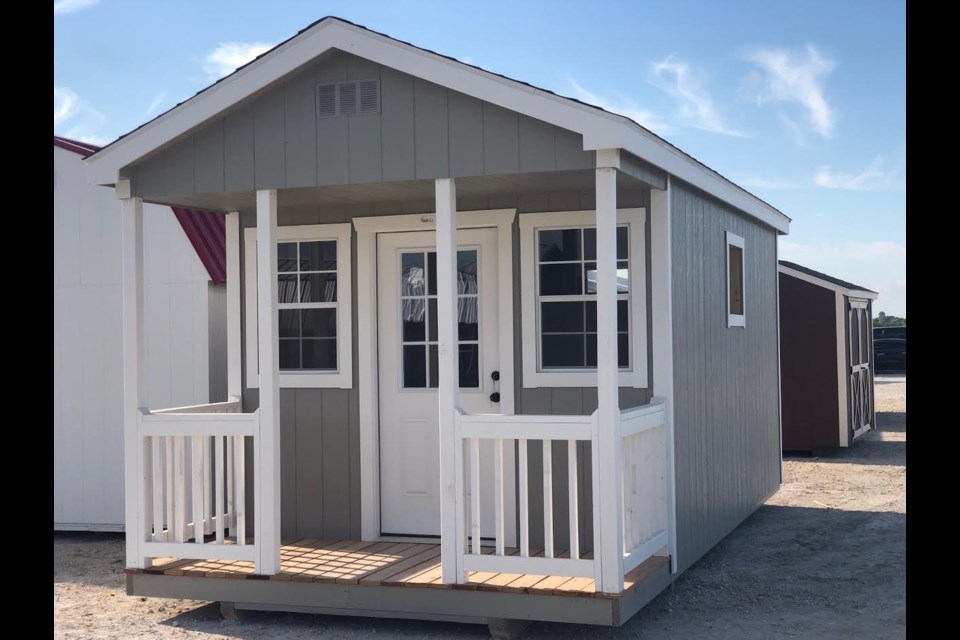THUNDER BAY — In the coming weeks, construction will start in a local plant on 16 tiny homes that will bring some stability to individuals in Thunder Bay dealing with mental health and addiction challenges.
By August, the "village" will be established on a parking lot at 212 Miles Street East, near the May Street intersection.
"We've witnessed, as housing providers, how having a safe and affordable environment can really help people on their journey to recovery," said Nicole Latour, executive director at Alpha Court Community Mental Health & Addiction Services.
"Until that basic need is met, people are just in survival mode, and they really can't look at their future, their hopes and their dreams, because they are just trying to find a place to stay for the night and to get some food."
Newswatch first reported last month that Latour's agency had received nearly $4 million in funding for the project from the province's Homelessness Prevention Program.
Alpha Court is a not-for-profit housing corporation that already owns or rents a number of housing portfolios throughout the community.
This will be its first-ever tiny home village, and the first of its kind in Thunder Bay.
In a recent interview, Latour was careful to explain the Miles Street project is very different from the temporary shelter village the city had initially considered for a site just down the street, a location city council ultimately rejected.
"The significant difference is that the homes in this project are going to be permanent. They will be equipped with full bathrooms, a kitchen, and sleeping quarters. They will be accessible as well. And they'll have heating and cooling systems, lighting, and everything that somebody would need for longer-term housing," she said.
Tenants of the 290-square-foot residences will pay affordable rent based on the shelter allowance allotted through their respective income support programs.
Latour said some of the clients will likely stay there only until their personal circumstances stabilize, while others could reside in the village on a long-term basis.
"Some of these units may also be permanent. It hasn't been decided yet what type of model we are going to be going with."
The targeted population will be individuals 18 years of age and older who are chronically homeless, and they will be selected through the city's Coordinated Housing Access Table.
Latour said Alpha Court is collaborating closely with community partners to arrange for wraparound services for tenants of the village who require a variety of supports.
"We're in the planning phase of this to really come together with our partners and offer holistic services to these individuals, to really help ensure their placement is successful in the homes. Our future hope is to get some concrete data around the success of this, and replicate it as further funding opportunities become available."
She said although this is a new model for Thunder Bay, it has succeeded in other parts of the province and other parts of the country.
A key reason, Latour said, is that a village provides clients not only with a place to call their own but also with an all-important sense of community among the residents.
